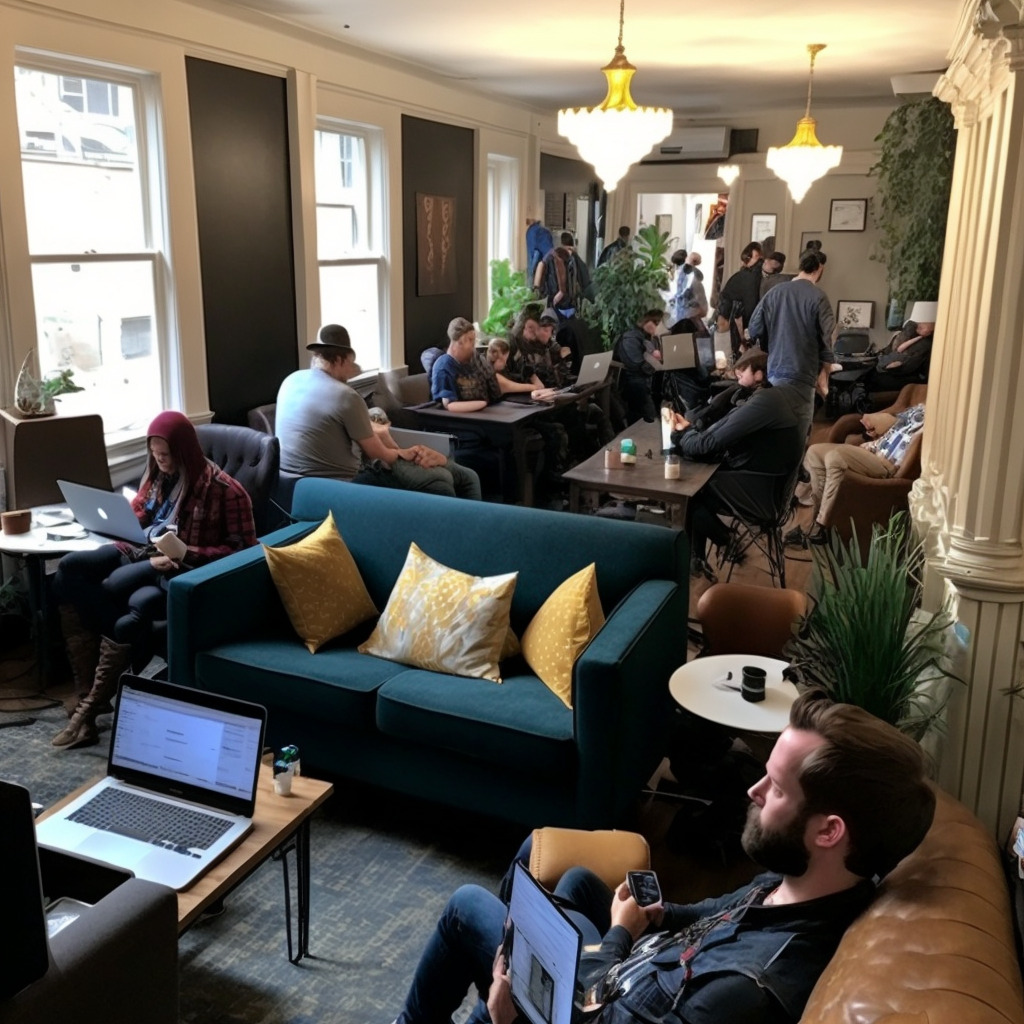Artificial Intelligence (AI) is rapidly changing the way we live and work, and it is also having a significant impact on innovation and startups. AI has the potential to accelerate the pace of innovation and create new opportunities for entrepreneurs. In this blog post, we will explore how AI is affecting innovation and startups, including examples of companies that are using AI to drive innovation, as well as opportunities for AI to create new categories of startups.
One of the most significant ways that AI is affecting innovation is by automating repetitive tasks and freeing up human time for more creative and strategic work. For example, chatbot-based startups like ChatGPT are using AI to automate customer service and support tasks, allowing companies to focus on more important activities like product development and customer engagement. Similarly, Lense, is using AI to automate the process of creating and editing videos, which can save time and resources for video production companies.
AI is also having a significant impact on startups in various sectors such as healthcare, finance and transportation. Companies like Midjourney are using AI to optimize the logistics and delivery of goods, which can improve the efficiency and cost-effectiveness of supply chain management. AI-powered startups in the healthcare sector, such as those that use machine learning to analyze medical images and predict patient outcomes, are also making it possible to improve patient care and reduce costs.
Another way that AI is affecting innovation is by creating new opportunities for startups to solve previously unsolvable problems. For example, AI-powered startups are using machine learning to analyze large amounts of data and make predictions that would be impossible for humans to make. This is opening up new opportunities for startups in areas like finance, where companies are using AI to predict stock prices and identify fraudulent transactions.
AI is also creating new opportunities for startups in areas like transportation and logistics. Companies like Waymo, which is developing self-driving cars, and drone-based delivery startups like Flirtey, are using AI to improve the efficiency and safety of transportation. This is also creating new opportunities for startups to develop and commercialize new technologies in these areas.
In addition to these examples, AI is also creating new opportunities for startups to develop new products and services. For example, startups are using AI to develop personal assistant apps and chatbots that can help users manage their schedules and tasks. Startups are also using AI to develop new products like smart home devices and self-driving cars.
AI is also creating new opportunities for startups in areas like marketing and advertising. Companies like Persado are using AI to optimize marketing and advertising campaigns, which can improve ROI and lead to more effective marketing. Similarly, AI-powered startups like Ayasdi are using machine learning to analyze large amounts of data and identify patterns that can help companies make better decisions.
In conclusion, AI is having a significant impact on innovation and startups. It is automating repetitive tasks and freeing up human time for more creative and strategic work, creating new opportunities for startups to solve previously unsolvable problems, and creating new opportunities for startups to develop new products and services. As AI continues to evolve and mature, it will likely lead to new and exciting startups that will shape the future of various industries.
*this article was written with the help of chatGPT and featured image was created with AI

